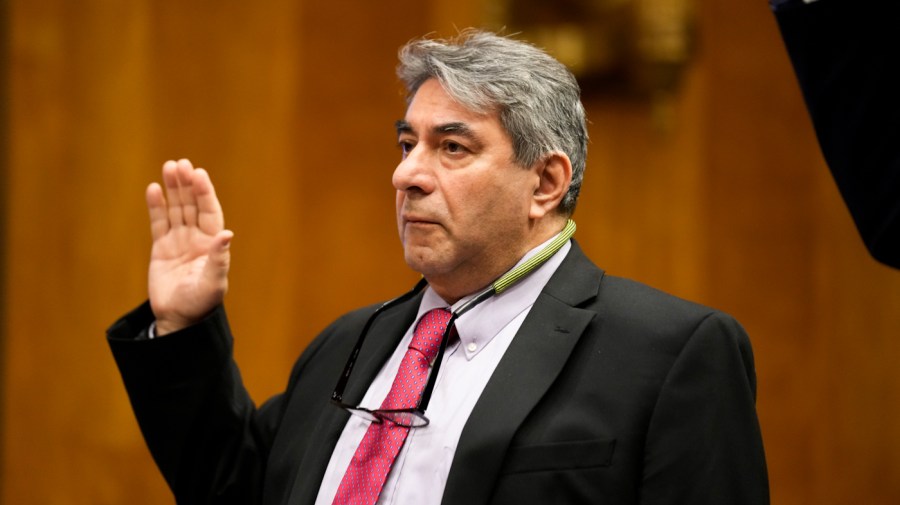Boeing whistleblower Sam Salehpour recently testified before Congress that the aircraft maker slapped him down for simply reporting what he saw as serious safety issues. He is the latest in a string of whistleblowers silenced and shunned for speaking out with their concerns — only to be vindicated years later when their warnings eventually came to pass, or when their employers were publicly taken to task for ignoring them.
As Boeing’s crisis deepens by the day, it’s time to admit that there is something seriously wrong with how we treat whistleblowers in America.
It seems that behind every major calamity these days there is a whistleblower who tried to raise the alarm in advance. The Baltimore bridge collapse, OceanGate’s submersible disaster and the devastating Maui wildfires are three of the most recent examples, but the list goes on. These and many other debacles might have been averted if whistleblowers’ warnings had been heeded. But no matter how often this history repeats itself, employers continue to stubbornly ignore the obvious lesson to be learned.
Why do so many companies and government agencies treat whistleblowers with such contempt? Why can’t they see the critical role whistleblowers play in uncovering problems early on, before they have festered into something far more serious? And, most fundamentally, why do employers believe they can punish whistleblowers into submission when it so often leads to the exact opposite result — driving them to the authorities or the press, causing a whole lot more trouble for everyone down the road?
Boeing is a powerful case in point. So are Facebook, Twitter, Theranos and a host of other prominent companies forced to weather a maelstrom of unfavorable media and government attention for ignoring their whistleblower admonitions. It plays out this way in my legal practice all the time. The whistleblowers who seek my firm’s assistance almost always reach out only after they first raised their issues and concerns at work, and only after they were ignored, rebuffed or retaliated against for doing so.
In virtually every case, these companies would have avoided government and media scrutiny, substantial penalties and a public relations nightmare if they had simply embraced the whistleblowers and their concerns from the start. It would have been better for the whistleblowers and the public too, a win-win-win all around. But it is all too often the path not taken, because of a deep-rooted distrust and disdain for whistleblowers.
Perhaps the only way to snap these companies out of the “nobody likes a snitch” mentality is for the government to give recalcitrant employers a stronger push in the right direction. The Supreme Court recently did its part in Murray v. UBS, where it significantly lowered the bar for whistleblowers to prove illegal retaliation, unanimously recognizing that “the health, safety, or well-being of the public may well depend on whistleblowers feeling empowered to come forward.”
Congress needs to follow suit by strengthening whistleblower protection laws, which, while helpful, still fall short in several ways. They impose an unreasonably short window to bring a retaliation claim (typically 180 days or less); require whistleblowers to first pursue administrative channels (instead of the courts) with a poor track record of supporting whistleblowers; and provide only modest relief for those whistleblowers able to successfully navigate this bureaucratic scheme (typically only reinstatement and backpay).
This hardly provides the kind of meaningful mechanism for scaring employers straight and fostering a more whistleblower-friendly environment. Whistleblowers need an easier path to pursue employers behaving badly, and employers need a more serious regulatory deterrent to mistreating whistleblowers. Employers must face the threat of significantly more sizeable financial penalties, and offending managers and compliance professionals must be held individually accountable.
Only then might we see a meaningful shift in the whistleblower status quo. The next time a whistleblower comes along warning of an impending financial disaster or public health or safety risk, the employer must feel compelled to act on the whistleblower’s concerns. The employer, the whistleblower and the public will all be the better for it.
Gordon Schnell is a partner in the New York office of Constantine Cannon, specializing in the representation of whistleblowers.

